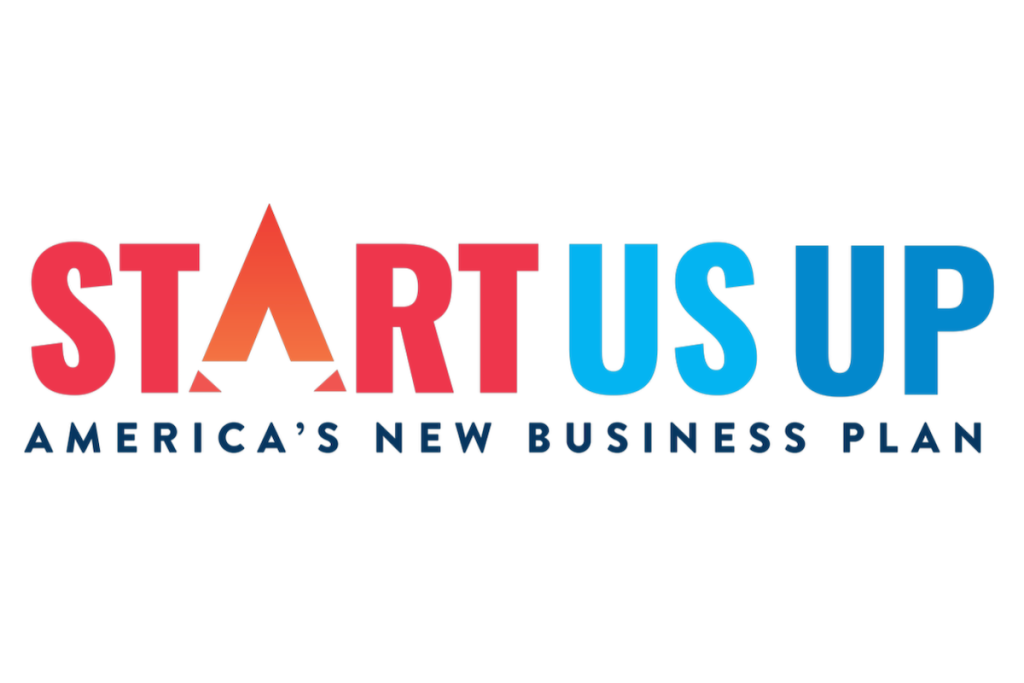Earlier this week, Vice President Kamala Harris, Treasury Secretary Janet Yellen, Sen. Mark Warner, and Rep. Maxine Waters appeared together to announce a $1.25 billion investment in Community Development Financial Institutions — part of what Vice President Harris described as a reimagining of the American economy.
The announcement comes on the heels of a period of intense focus on community lenders amid a pandemic that brought inequities in lending to the forefront of national dialogue. Last month, in a blog post titled, As Attention Turns to CDFIs, Policymakers Must Invest in their Long-term Success we wrote: “as funds remain in the CDFI earmark with the PPP deadline looming, it’s critical policymakers’ recent activity around CDFIs and MDIs translates into a long-term commitment to their success.”
The recent investment, and the vocal pledges that surrounded it, all represent a step in the right direction.
Vice President Harris noted that “small business owners don’t just need relief, they need access to capital” — a reality that “was true before the pandemic and it remains true today.” And she spoke of the outsized challenges people of color have in securing loans:
“Traditional banks have not always seen or understood the vision of women small business owners, small business owners of color, small business owners who serve low-income communities. Sometimes, their vision is something outside of the experience of the big banks to understand and see.”
A recent video from Start Us Up shows what this reality looks like in practice. Three Black founders detail their experiences starting a business, and as Kenny Johnson, owner and president of LifeBrand hospitality said, “(Black businesses) need financial assistance and financial opportunities from banks — and get the same kind of responses that I know white counterparts are getting.
Other forms of capital only further exacerbate wealth gaps that exist in America. As Secretary Yellen noted, “71% of all venture funding went to just four metropolitan areas. The disparity in who can access capital and where also falls along racial lines.
“We as a country are missing out on so many venues for growth because our capital is bottlenecked by race and region. Research has shown that decreasing barriers faced by African Americans would produce substantial gains.”
But where traditional banks and investors fail, “community lenders, on the other hand, were founded to see that vision, to get it,” Harris said.
As noted in ANBP, in 2019, the CDFI Fund helped spur the financing of more than 19,000 businesses in underserved areas that lacked access to traditional lending. Last year, analysis of early lending through the Paycheck Protection Program (PPP) found that more PPP loans were made in states where small local banks have a bigger share of the market.
After the first round of PPP funding exposed inequities, policymakers worked to address them by strengthening CDFIs in subsequent packages. The recently-announced $1.25 billion comes from the $12 billion provided for community lenders in December’s stimulus — an initiative which saw then-Sen. Harris and other Democrats working alongside Sen. Mike Crapo and several Republicans, before it was signed into law by then-President Donald Trump.
While the new, bipartisan investment is a sign that many in government understand the issue and opportunity at hand, it’s only a start. Additional recommendations for policymakers across levels and branches of government can be found here.
“While this is a historic investment, our work does not end here,” Rep. Waters said. “According to one news report, between 66% and 79% of minority business owners said that their firms’ financial conditions were fair or poor during the pandemic. Whereas only 54% of white business owners endorse their firms being in one of these conditions. I see this investment as a down payment on what we need to restore our MDIs and to support our CDFIs.”

